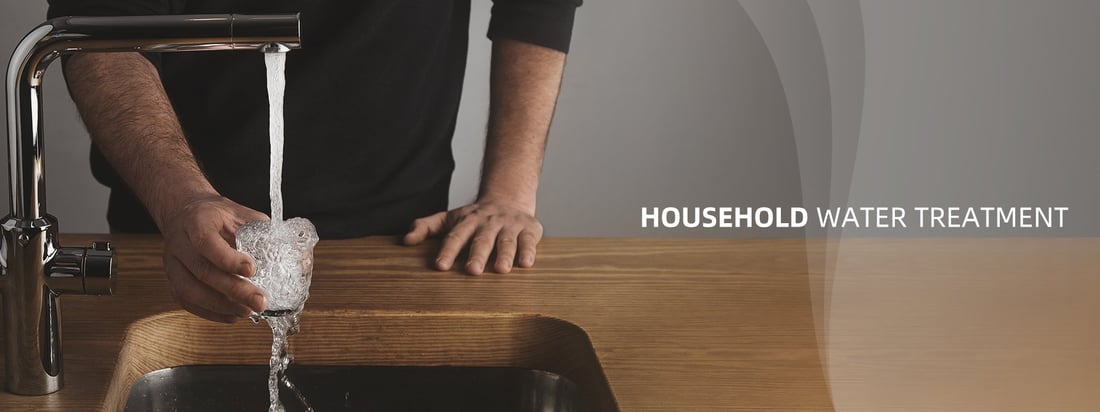Nanofiltration is a promising technology for effectively treating water and making it safe for consumption. Nanofiltration membranes are designed to filter out particles and impurities that are too small to be removed by traditional filtration methods.
Nanofiltration membranes use a process called "cross-flow filtration" to remove contaminants from water. The water is pushed through the membrane at high pressure, while the contaminants are left on the surface of the membrane. This process is highly effective at removing even the smallest particles and impurities from the water.One of the biggest advantages of nanofilters is their ability to remove a wide range of contaminants, including bacteria, viruses, chemicals, and heavy metals. This means that they can not only make water safer to drink, but also improve the overall quality of the water supply. Nanofiltration membranes have become increasingly popular in household water filtration systems.Additionally, nanofilters are often more affordable and easier to maintain than other water purification methods, making them an ideal solution for communities with limited resources.
Moreover, nanofiltration membranes are highly efficient and cost-effective. Not only do they require less energy and water to operate than traditional filtration methods, but they also produce significantly less waste. This makes them an ideal solution for water treatment in both industrial and residential settings.
Furthermore, nanofilters are often designed to be highly sustainable and environmentally friendly. nanofilters for water purification represent a significant step forward in our efforts to provide clean and safe drinking water to people all around the world. These factors make nanofilters a viable long-term solution to water purification that can help reduce the world's dependence on non-renewable resources and reduce our impact on the environment.

